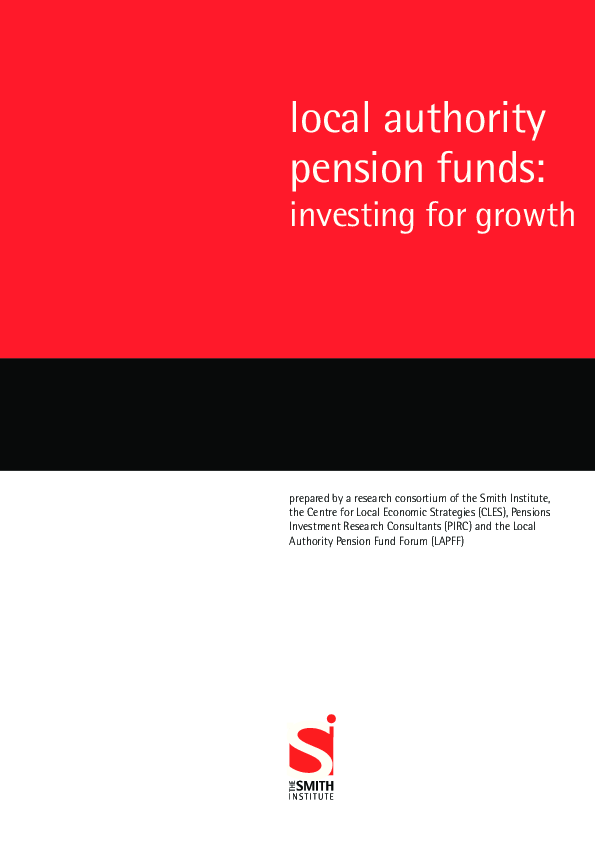Building up from the local
This article originally appeared in the Municipal Journal.
As local government gears up for the annual budgeting process, there is still no certainty the new government in Westminster will be prepared to grasp the nettle on local authority finance. However, there is a huge opportunity to use investment in local government to help deliver Labour’s mission for growth.
Revaluing and restoring a strong and accountable local state will be essential if we are to ‘fix the foundations of Britain’s economy’.









